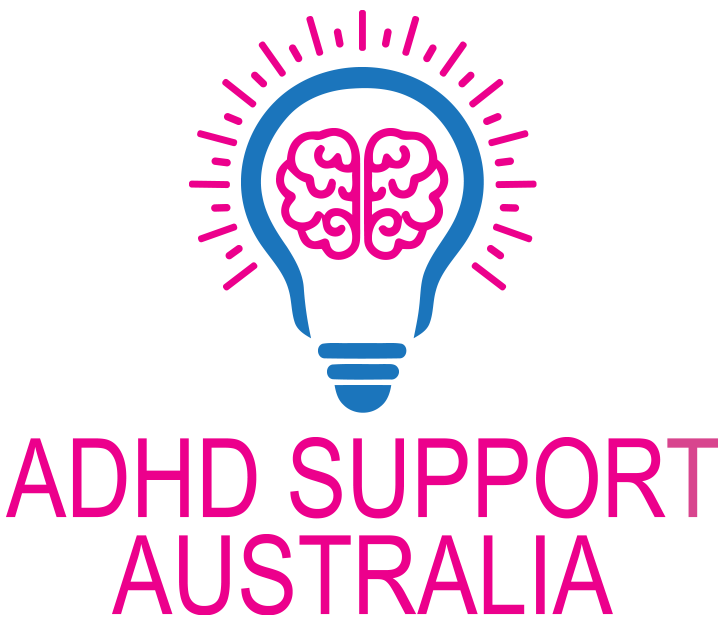The Teenage Brain
The Teenage Brain
By: Frances E Jensen MD
Renowned neurologist Dr. Frances E. Jensen offers a revolutionary look at the brains of teenagers, dispelling myths and offering practical advice for teens, parents and teachers. As a mother, teacher, researcher, clinician and frequent lecturer to parents and teens, Dr. Jensen is in a unique position to explain to readers the mystery and magic of the teen brain. In this book, she brings to readers the new, sometimes astonishing findings that are buried in academic journals. She explores myths about adolescent behavior and offers practical suggestions on how to negotiate this difficult and dynamic life stage for parents and teachers, and even the teens themselves.
The Teenage Brain is one of the first books to focus exclusively on the mind-development of adolescents. Some of the recent findings it discusses include:
How teens are better learners than adults because their brain cells more readily “build” memories than those of adults. But this special gift has a down side: their cells’ heightened adaptability can be hijacked by addiction, and the adolescent brain can form a stronger and longer addiction than the brain of an adult.
How Venus and Mars really emerge in adolescence. In fact, studies show that girls’ brains are a full two years more mature than boys’ brains in the mid-teens, possibly explaining lots of differences seen in the classroom as well as in their social behaviour.
How adolescents may not be as resilient to the effects of drugs as we think they are! Recent experimental and human studies show that occasional use of marijuana, for instance, can cause lingering memory problems even days after smoking, and that long-term use of pot in adolescence impacts the adult I.Q.
How multi-tasking causes divided attention and has been shown to reduce learning ability in the teenage brain. Multi-tasking also has some addictive qualities that may result in a habitually short attention span in teenagers.
How emotionally stressful situations may impact the adolescent more than the adult. Stress in these formative years can have permanent effects on mental health and has been reported to lead to a higher risk of certain neuropsychiatric disorders, such as depression.
The Teenage Brain presents hard data intermingled with accessible and relatable anecdotes drawn from Dr. Jensen’s experiences as a parent, clinician and public speaker. It offers practical suggestions on how parents, teens, schools and even the legal system can better deal with adolescents on their journey into adulthood.
